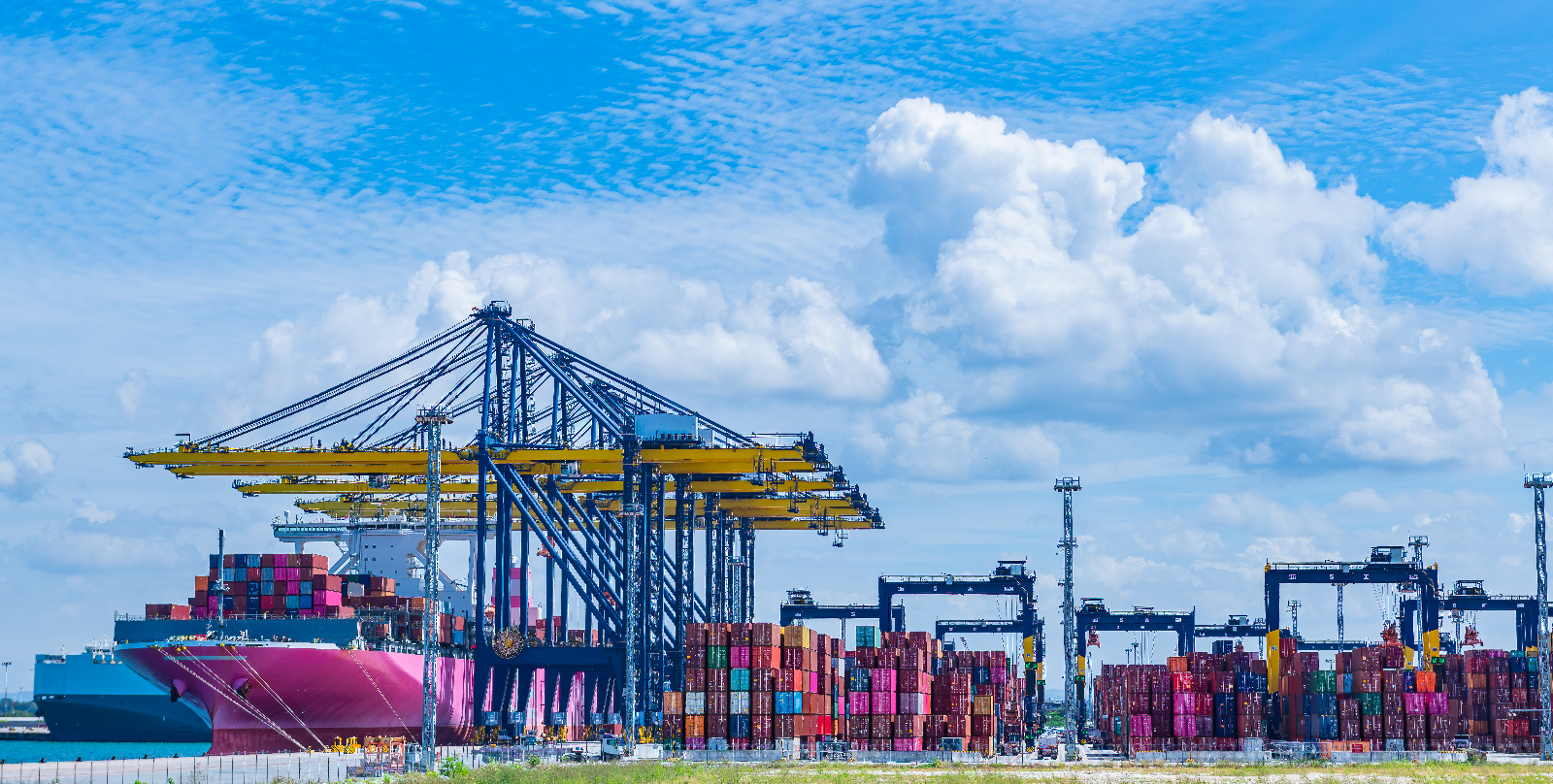Since its establishment in 2009 and headquartered in the bustling tech hub of Shenzhen, China, Jayud Global Logistics (NASDAQ: JYD) has been making significant strides in the logistics and supply chain management sector. The company’s mission to provide comprehensive cross-border supply chain solutions has seen it offering an array of services, including freight forwarding, supply chain management, and various other value-added services such as custom brokerage and logistic IT systems.
Jayud Global Logistics made a splash in the stock market with its IPO on April 21, 2023, capturing the attention of investors worldwide. The company’s stock has experienced volatility, with its price fluctuating between $0.82 and $10.00 over the past year. This reflects the dynamic nature of the logistics industry and the company’s aggressive growth strategies.
In line with its expansion strategy, Jayud announced the acquisition of two international logistics companies on January 23, 2024. This move is poised to broaden its service offerings and extend its geographic reach, solidifying its position in the global logistics market. The company has not shied away from forging strategic partnerships to enhance its business model. Notable collaborations include those with Oranda and Shandong Oranda Logistics, aimed at strengthening its service capabilities and market presence.
Jayud’s commitment to enhancing its service portfolio is evident through various agreements aimed at expanding its service capabilities. A noteworthy development was the announcement of a new air charter service agreement with JD Airlines on December 19, 2023, which is expected to significantly boost cargo capacity and trade relations. Furthermore, the extension of its logistics services agreement with Lenovo underscores Jayud’s commitment to providing robust post-sale logistics support.
Despite its aggressive growth and expansion strategy, Jayud reported a loss in the first half of 2023, highlighting the challenges faced in scaling operations and navigating the complex global logistics landscape. The company has continued to invest in its operational capabilities to meet rising demand, as evidenced by its expansion to include additional cold storage and dry storage capacity announced on August 1, 2023.
Jayud Global Logistics’ foray into new services, such as the launch of air charter services between Indonesia, the Philippines, and Shenzhen, demonstrates its dedication to diversification and innovation in the logistics sector.
As Jayud Global Logistics continues to evolve and adapt in the fast-paced world of global logistics, its focus on strategic acquisitions, partnerships, and service expansions positions it as a key player to watch in the industry. Investors and industry watchers alike will be keenly observing Jayud’s next moves as it navigates the challenges and opportunities that lie ahead in the dynamic logistics and supply chain management landscape.
Global Logistics Market Size

The global logistics market is poised for significant growth, driven by factors such as the increase in trade-related activities and the advancement of the global economy. The market, valued at $4.92 trillion in 2021, is expected to reach $6.55 trillion by 2027, growing at a CAGR of 4.7% from 2022 to 2027. This growth is largely attributed to the rise in globalization, which has spurred an increase in trading activities, making it challenging for manufacturers and retailers to efficiently track these activities. Developments in overseas markets and the demand for high-quality products with timely delivery from price-sensitive customers further fuel market growth.
However, the logistics market also faces challenges, including poor infrastructure and higher logistics costs. Inadequate infrastructure increases costs and reduces supply chain reliability, while a lack of direct control by manufacturers over logistics services poses a risk to product quality. Additionally, the emergence of last-mile deliveries and logistics automation presents new opportunities. The shift towards last-mile logistics, crucial for the delivery process from distribution centers to end-users, and the adoption of automation in logistics are expected to drive market growth.
In parallel, the global supply chain management (SCM) market is experiencing a significant level of mergers and acquisitions as companies aim to create more robust and integrated solutions by capitalizing on complementary strengths. This consolidation is driven by the rapid evolution of technology and the demand for end-to-end supply chain capabilities. However, it also raises concerns about potential monopolies and reduced competition.
Moreover, the SCM market is segmented into solutions and services, with the solutions segment, including transportation management systems and warehouse & inventory management systems, accounting for the largest share in 2023. This segment is expected to continue dominating the market due to the benefits SCM solutions provide, such as higher visibility, increased efficiency, and lower costs.
Overall, the logistics and SCM markets are set for growth, driven by globalization, technological advancements, and the increasing complexity of supply chains. However, companies in these sectors must navigate challenges such as infrastructure limitations and the need for efficient last-mile delivery solutions to capitalize on these opportunities.






